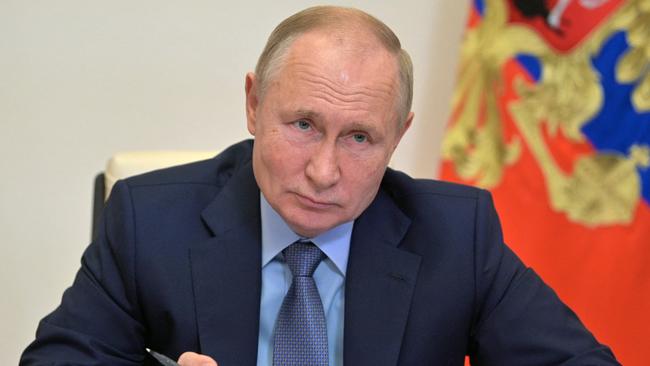
Could it be that almost no one of consequence is going to be at the Glasgow COP26 summit anyway?
Scott Morrison might be a big figure at Glasgow because most of the relevant statesmen are not in fact planning to attend.
Russia’s Vladimir Putin confirmed he’s not attending. China’s President, Xi Jinping, won’t be there either.
And while it hasn’t been formally decided yet, it looks unlikely that India’s Narendra Modi will be there.
That means that the largest global emitter, China, the third-largest, India, and the fourth-largest, Russia, will not be represented by their heads of government. You can be sure they won’t do anything very novel or substantial in the absence of their heads of government.
China and India between them account for a third of the world’s population.
Add Russia and they also account for 40 per cent of global greenhouse emissions.
This is primarily a gabfest between Europe and the Biden administration. That’s what the ABC and other commentators typically mean when they refer to “the rest of the world”.
US President Joe Biden will be at Glasgow but cannot get his key measure to decarbonise US electricity through congress.
Many nations, such as Iran, that are bigger emitters than Australia will not have their head of government at Glasgow.
Nor will other big emitters like Brazil or Mexico.
South Africa will not be sending its President.
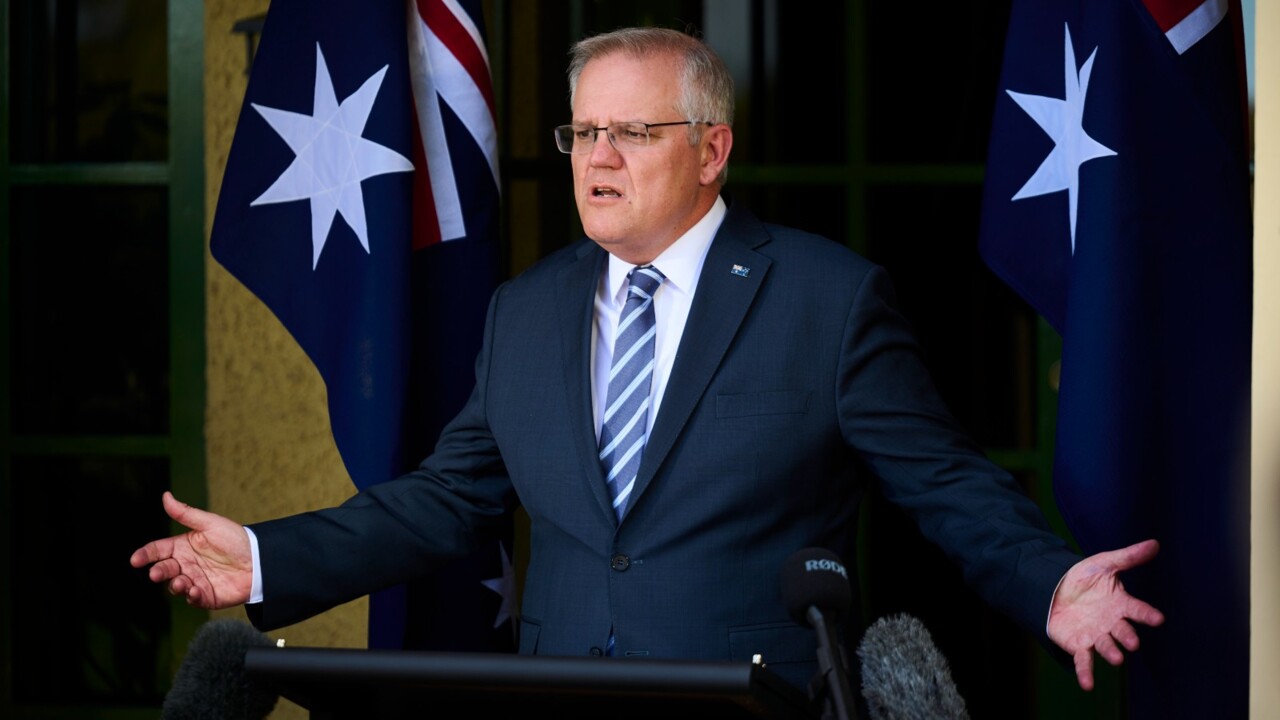
The South Korean President, Moon Jae-in, is expected to attend but that is to be confirmed.
And it is still unclear whether Japan’s Prime Minister, Fumio Kishida, heading to elections, will go to Glasgow.
New Zealand’s climate heroine Jacinda Ardern is also not planning to turn up. Like many nations, New Zealand talks a big game on climate but does little. Its emissions have not declined significantly. And while it has a formal commitment to net zero by 2050, this leaves out its primary emitter, the agriculture sector.
Canada has a formal commitment too, but does very little about it.
Facts rarely get in the way of this debate. A new line of propaganda is to say that Australia’s performance is uniquely bad because we should be held to account for the carbon emissions that result from the energy sources we export, such as coal or gas.
It would be equally as logical to say that every nation should be held to account for the “embodied carbon” in the things that it imports. If Britain, for example, closes heavy industry that then moves to China, but then imports aluminium, refrigerators, machinery, etc, from China, there are just as many emissions.
Britain importing these goods has created those emissions just as much as Australia has by exporting the energy source that contributes to their manufacture.
Most accounting in this whole area is baloney. Whatever Morrison agrees to in Glasgow, he will want to make sure there are sufficient caveats to allow the Australian economy to continue to grow.
Meanwhile, we have been lectured on climate action inadequacies this week by American, British and French diplomats in Canberra. These garrulous blatherskites should explain their own countries’ policies, the traditional role for a diplomat, not try, almost certainly counter-productively, to dictate Australia’s policies.
It’s telling that no Asian diplomat is lecturing us this way. The Canberra diplomats sounding off are Europeans, or serve the Biden administration.
That’s not a global consensus.
More Coverage



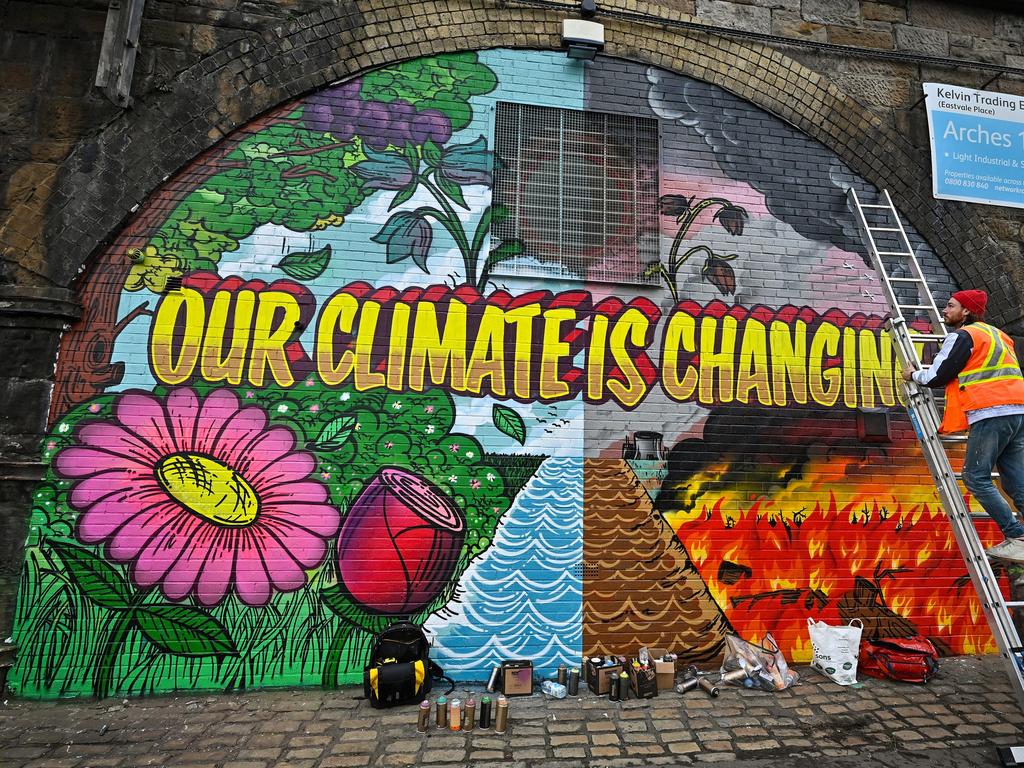

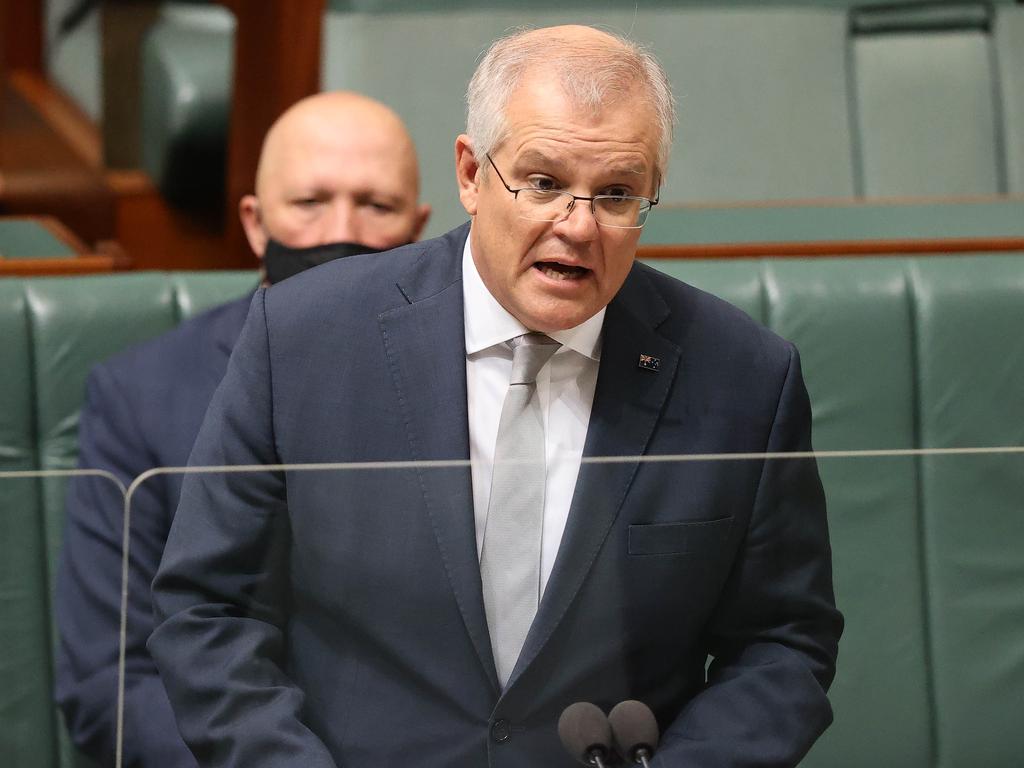
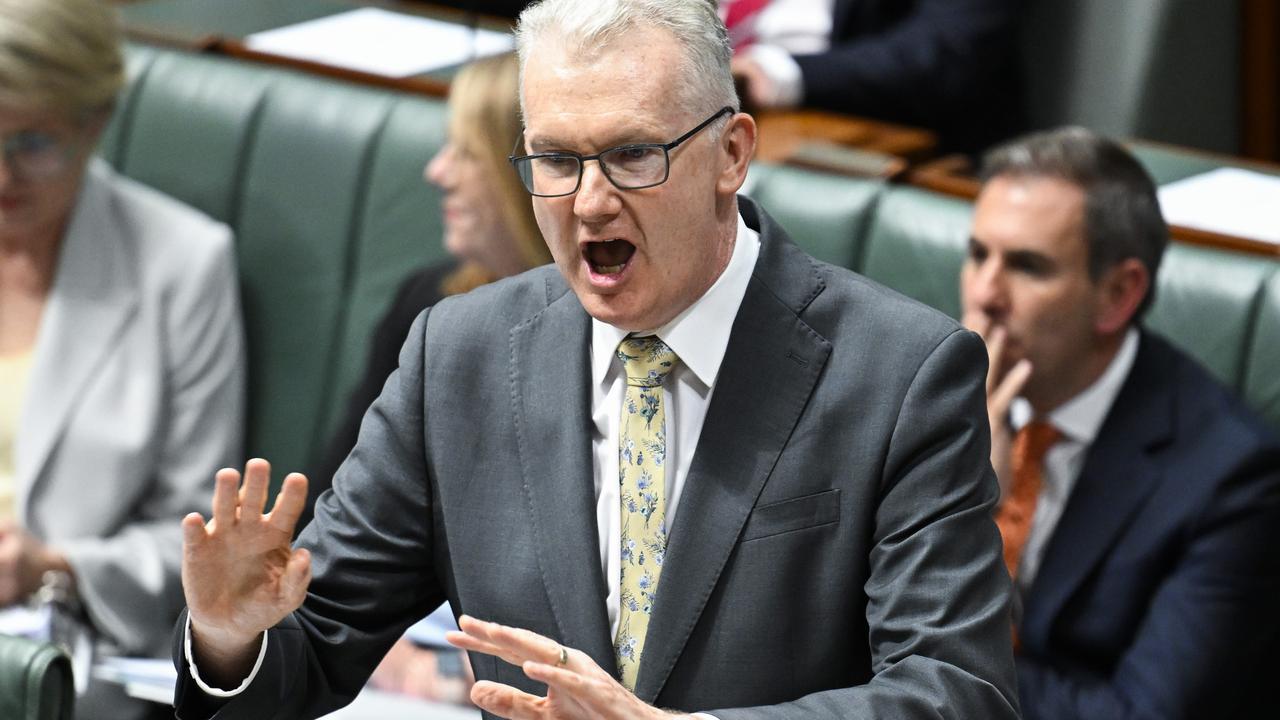

Guess who’s not going to dinner?